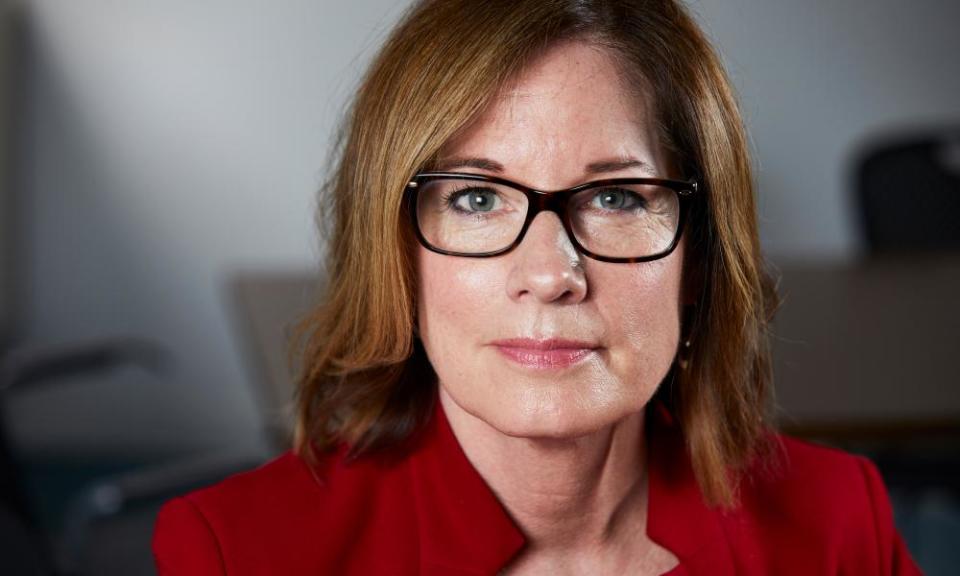'Antiquated process': data regulator on obtaining Cambridge Analytica warrant

The information commissioner has criticised the “antiquated process” that led to Facebook getting hold of Cambridge Analytica’s servers before the UK regulator itself, and renewed calls for an international approach to data privacy to tackle the emerging threat of data havens.
Elizabeth Denham, the information commissioner, spoke to Damian Collins MP, the former chair of the digital, culture, media and sport committee, who led the parliamentary enquiry into disinformation, on his podcast Infotagion. She described discovering that Facebook was inside the offices of defunct electioneering consultancy Cambridge Analytica while in the middle of an interview with Channel 4’s Jon Snow.
“We had been trying to get a warrant for several days, using an antiquated process in the former law,” Denham said. “That’s a story that I’m going to tell my grandchildren, because when we finally got the warrant, at the end of three days and two different judges, I felt like I was in Hogwarts, going down the dark halls of the courthouse, looking for a seal for the warrant.
“We served the warrant on Cambridge Analytica at 11 o’clock at night,” she added. “When we heard that Facebook was going in on its own to audit Cambridge Analytica, we had to act very quickly to get their tanks off our lawn. It was inappropriate for Facebook, because they were involved in the misuse of data, for them to be auditing before a public authority got in there.”
The investigation resulted in a £500,000 fine for Facebook, the highest the Information Commissioner’s Office was legally able to levy. A year later, following an appeal, Facebook agreed to pay the fine, but “made no admission of liability”.
In the course of that investigation, Denham says, the ICO discovered “that Cambridge Analytica was looking to move its services to a jurisdiction where it could actually be outside of any kind of scrutiny of a regulator… The thinking was to move to the Caribbean.”
“And I think that that’s another reason why parliamentarians around the world need to look at this problem internationally. Liberal democracies have to have strong electoral laws, they have to have strong data protection laws, and strong cybersecurity.”
Denham also called on the US president-elect, Joe Biden, to introduce a federal privacy law in 2021. “I don’t think it’s out of the question that we will see a federal privacy law in the US in the coming years,” she said, “and that’s certainly the hope that many in my field have. And it seems the time has come for federal law in the US.”

 Yahoo Finance
Yahoo Finance 